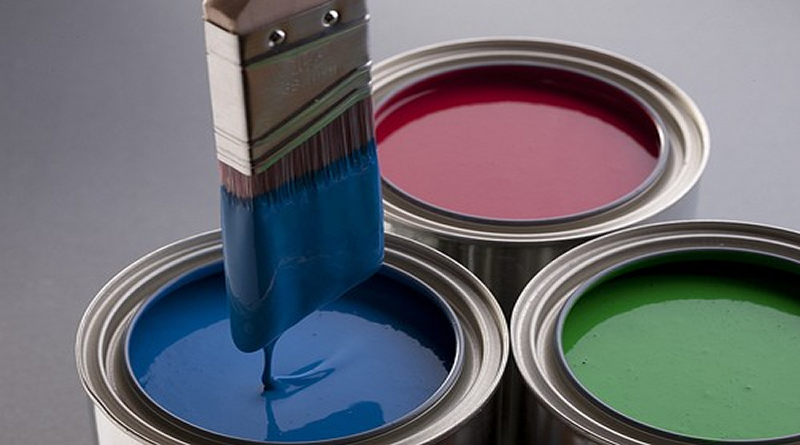Groups seek legal framework on lead paints
Sustainable Research and Action for Development (SRADev) Nigeria, a Non-Government Organisation and some civil societies in the country have called for regulatory frameworks that will promote the establishment of an appropriate legal process to control the manufacture, import, export, sale and use of lead paints and products coated with lead paints.
According to them, there is an urgent need for the society to adopt essential precautionary, preventive policies and practices to ensure a lead-safe environment for all kids through information campaigns. It would help enlighten the public about the hazards of lead exposure, especially in children; the presence of lead decorative paints for sale and use in the national market; lead paint as a significant source of childhood lead exposure; and availability of technically superior and safer alternatives.
The call was made last week during an occasion to mark the International Lead Poisoning Week of Action with “Eliminating Lead in Paints” as its theme. Global Alliance to Eliminate Lead Paint (GAELP), a collaborative initiative run jointly by the United Nations Environment Programme (UNEP) and World Health Organisation (WHO), declared October 20-26, this year as the Week of Action to raise awareness about lead exposure, publicised efforts to prevent childhood lead poisoning and promote actions to eliminate lead paint.
Executive Director, SRADev Nigeria, Mr. Leslie Adogame, lamented that as at today, Nigeria has no standards for lead in paints, leaving the general public, particularly children and pregnant mothers at the mercy of manufacturers.
While highlighting the dangers of lead, Adogame said lead is added to most paint to improve its covering power and durability, and it is used during the production stage as drying agent for preservation of paints.
“Unfortunately, lead is a powerful poison. Both inside and outside the home, deteriorated lead-paint mixes with household dust and soil. Children may become lead poisoned by; putting their hands or other lead-contaminated objects into their mouths, eating paint chips found in homes with peeling or flaking lead-based paint, Kids eat peeling paint as it tastes like lemon drops. They also like playing in lead-contaminated soil. Lead is more dangerous to children because, their growing bodies absorb more lead while their brains and nervous systems are more sensitive to the damaging effects of lead.
“Lead exposure is a well known source of harm to children’s health that can cause adverse lifelong effects, such as decreased intelligence, poor school performance, mental retardation and violent behaviour. Its exposure in childhood is now known to be associated with lower vocabulary and grammatical-reasoning scores, increased absenteeism, poorer eye-to-hand coordination, and lower class standing in high school. It is therefore important that sources of lead hazards such as lead paint and dust in children’s environment be identified and minimised, if not entirely and safely removed, to protect kids from such harm,” he said.
He recalled the Zamfara lead poisoning disaster that happened in 2010 that claimed hundreds of lives and caused severe disabilities especially among children in the state. According to him, cases of lead poisoning of children under-five have risen to 734, even as those still requiring treatments are 3,198.
He called on government to set example by prohibiting procurement of paint products with lead, put in place regulatory mechanism towards adulterated, unregistered, unlabelled, repackaged and uncertified paint products.
In a joint statement, civil society groups also called on paint manufacturers to eliminate lead compounds from their paint formulations, likely to contribute to lead exposure in children and others.
“Paint manufacturers in Nigeria are encouraged to eliminate lead compounds from their paint formulations, especially paints likely to contribute to lead exposure in children and others. Paint manufacturers also are encouraged to consider voluntary participation in programmes that provide third party paint certification that no lead has been added to their paint, and to label products in ways that help consumers identify paints that do not contain added lead,” the statement stated.
However, Adogame added that the International Paint and Printers Ink Council (IPPIC), a body to which the Nigerian Paints Manufacturers are affiliated, formally adopted a resolution in 2008 that supports the restrictions on the use of lead in paints that are already in place and that recommends their widespread adoption by authorities in countries not currently regulating the use of lead in paint.




